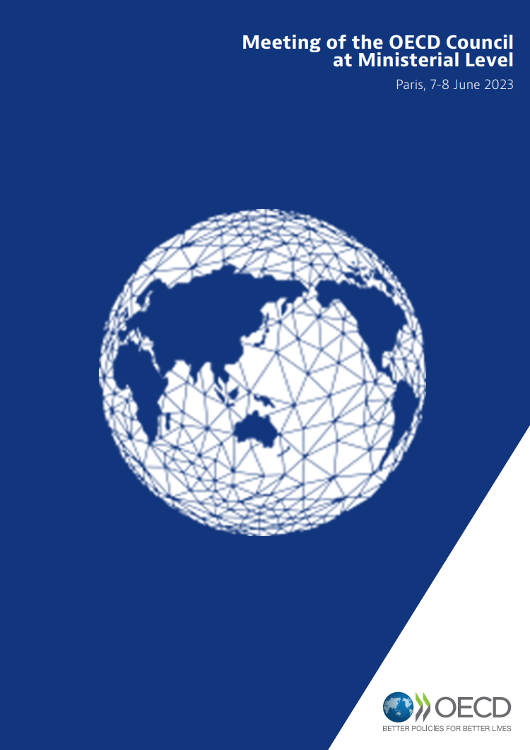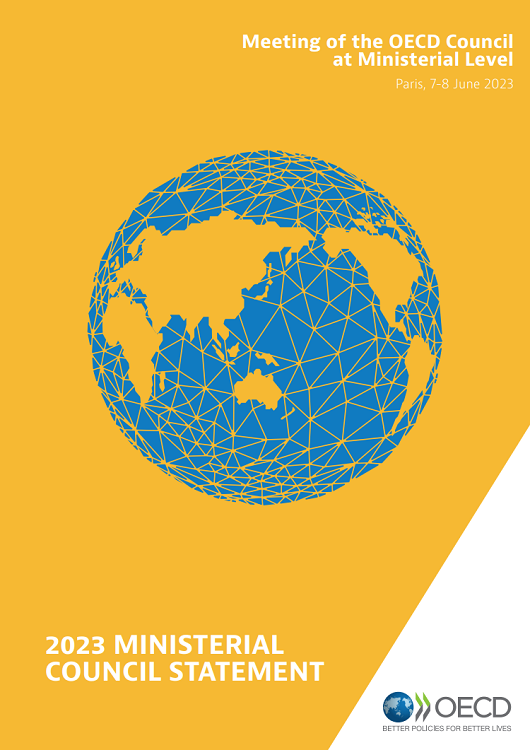
Corporate governance policies that support women
Jordan's Women on Boards Association shows that networking, training and mentorship can change the dial on the participation of women on boards.
What’s the issue?
Women in the MENA region are an untapped resource for the economy. Female participation in Jordan’s labour force is at 16%, while the average in OECD countries is 51%. In addition, labour force participation is often lower in the private sector than in the public domain.
Reaching positions of senior responsibility for women is particularly challenging in the region because of the high dropout rates in the labour force. Based on the ASE listed companies in Jordan, in 2018, there were only 8.1% female board members in comparison to over 20% found across OECD member countries.
How are we addressing it?
Female corporate board members add well-documented value to businesses and their performance is a positive reflection of this. Female talent and retention should be a priority in corporate leadership and merits multilevel efforts to include broader societal and cultural change as well.
The MENA region faces economic challenges that can be addressed by interconnected policy reforms. The region requires policies that increase women’s access to corporate boards. Governments, regulators, and companies can adapt strategies tailored to specific contexts to increase women’s involvement in senior management positions. Useful methods for creating gender diversity in senior management roles and among board members include the establishment of networks and offering support to women in the corporate world. Targeted training, development programmes, leadership, and mentoring activities can also be established to facilitate this. These approaches have been identified as useful methods to facilitate gender balance on boards and in senior management.
The implementation of the OECD’s good corporate governance principles offers an important solution to improving women's representation in corporate leadership. By adopting the principles, they will answer women’s call for increased participation by making it a necessity in the corporate world.
Iman Al-Damen, Chairwoman of Women on Boards
What is the impact?
Since 2017, the MENA-OECD Working Group on Corporate Governance has supported the development of sound corporate governance frameworks and policies. These are essential building blocks for boosting competitiveness, promoting development in the private sector and increasing capital market development. Gender balance in corporate leadership has been a key priority for the MENA-OECD Working Group. In May 2018, Norwegian founder and CEO of FutureBoards, Ms. Turid Solvang supported a group of professional Jordanian women in establishing a non-profit association Women on Boards (Jordan), which aims to promote women’s access to leadership in various enterprises in the public and private sector. These women met through the MENA-OECD Working Group and came together to establish this initiative.
The efforts put forth in Jordan can lead to the development of ‘toolkits’ and ‘guidelines’ for jurisdictions wishing to enhance policy implementation to effectively promote gender balance. Greater national support that targets gender imbalance can be developed in line with the United Arab Emirates Gender Balance Guide, an initiative that sets out actions that organisations can harness to uncap women’s potential. The OECD created the guide in collaboration with the United Arab Emirates Gender Balance Council and it has already yielded positive results.











